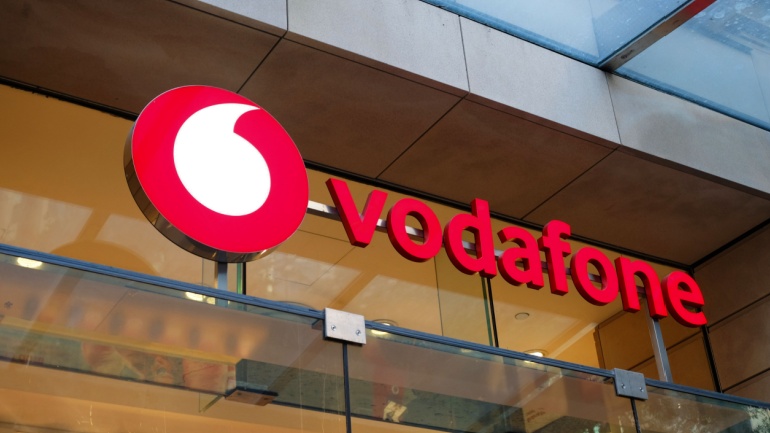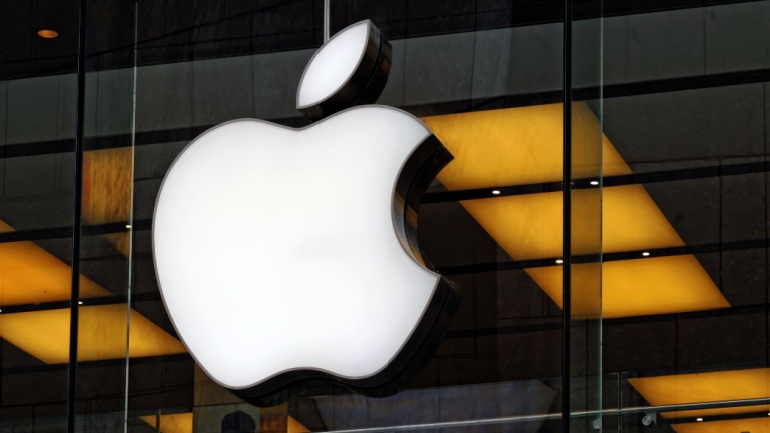In a notable development, Vodafone has agreed to sell its operations in Italy to Swisscom, the Swiss telecommunications giant, for €8 billion, marking a significant shift in its business strategy. This sale is part of a broader effort by Vodafone to restructure its operations across Europe, aiming for a stronger, more focused presence in growing markets.
Telecom leaders discussed the challenge of monetizing 5G. Vodafone’s ‘The Great British Telecoms Switch’ campaign offers BT customers savings and compensations to switch providers. A Pew Research Center survey found U.S. teens have a complex relationship with smartphones. Verizon’s report shows a 129% rise in mobile network traffic over 5 years. Iliad aims to become the fifth-largest mobile operator in Europe by 2024.
The United Kingdom is set to enhance its semiconductor research capabilities significantly, following the government’s decision to join forces with the European Union’s Chips Joint Undertaking (JU). This collaboration marks a pivotal step in the UK’s efforts to strengthen its position in the global semiconductor arena, promising to inject new energy into its research and innovation sectors.
In a significant move for Spain’s telecom sector, the Spanish government has officially sanctioned the merger between Orange and MasMovil, following the European Union’s approval last month. This decision paves the way for the creation of Spain’s largest telecom operator, marking the culmination of a deal valued at approximately €18.6 billion.
The European Commission has imposed a hefty fine on Apple, surpassing €1.8 billion, for its anti-competitive practices concerning music streaming services via its App Store. This penalty stems from an investigation initiated by a complaint from Spotify, the music streaming behemoth, nearly five years ago. Accusing Spotify of greed, Apple has announced its intention to contest the fine.
Unveiling the next generation of wireless systems, the ENLIGHT’EM project has skillfully pioneered advances in visible light communication (VLC) and power efficiency for light-emitting diodes (LEDs), particularly in tricky IoT scenarios. Brought to life by the passionate team at IMDEA Networks, this venture stands at the intersection of cutting-edge technology and sustainability, delivering innovative solutions and triumphantly winning the European EIT Jumpstarter competition.
In a recent analysis, Vodafone has highlighted a significant opportunity cost for UK’s small and medium-sized enterprises (SMEs) due to the sluggish deployment of standalone 5G technology. According to the telecommunications giant, UK businesses are forgoing approximately £8.6 billion annually in potential productivity gains, a situation that also threatens the country’s competitiveness in Europe.
Nokia unveiled specialized, private AI models for the telecom sector to improve network operations and customer service. A coalition of 10 governments agreed on principles for secure 6G networks. IBM and the GSMA have launched a global AI training initiative to bridge the AI knowledge gap among telecom operators. Qualcomm’s Snapdragon X80 modem chip introduces 5G-Advanced support with up to 10 Gbps speeds and six-carrier aggregation.
In a bold move, Microsoft has announced a hefty $2.1 billion investment in Spanish AI and Cloud infrastructure, sparking an unparalleled alliance with the Spanish government. The aim is to enhance citizen services, spark AI innovation and bolster national cybersecurity. Beyond the technological edge, this venture could also boost Spain’s GDP by €8.4 billion and generate around 69,000 jobs by 2030.
Breaking new ground in the European telecoms sector, France’s Orange and Spain’s MásMóvil have won European Commission approval for their joint venture with a proviso. A stipulation of the deal instances Romania’s Digi – Spain’s largest MVNO – to acquire spectrum from MásMóvil. With this move, Digi could transform into the fourth mobile operator for the Spanish market.













